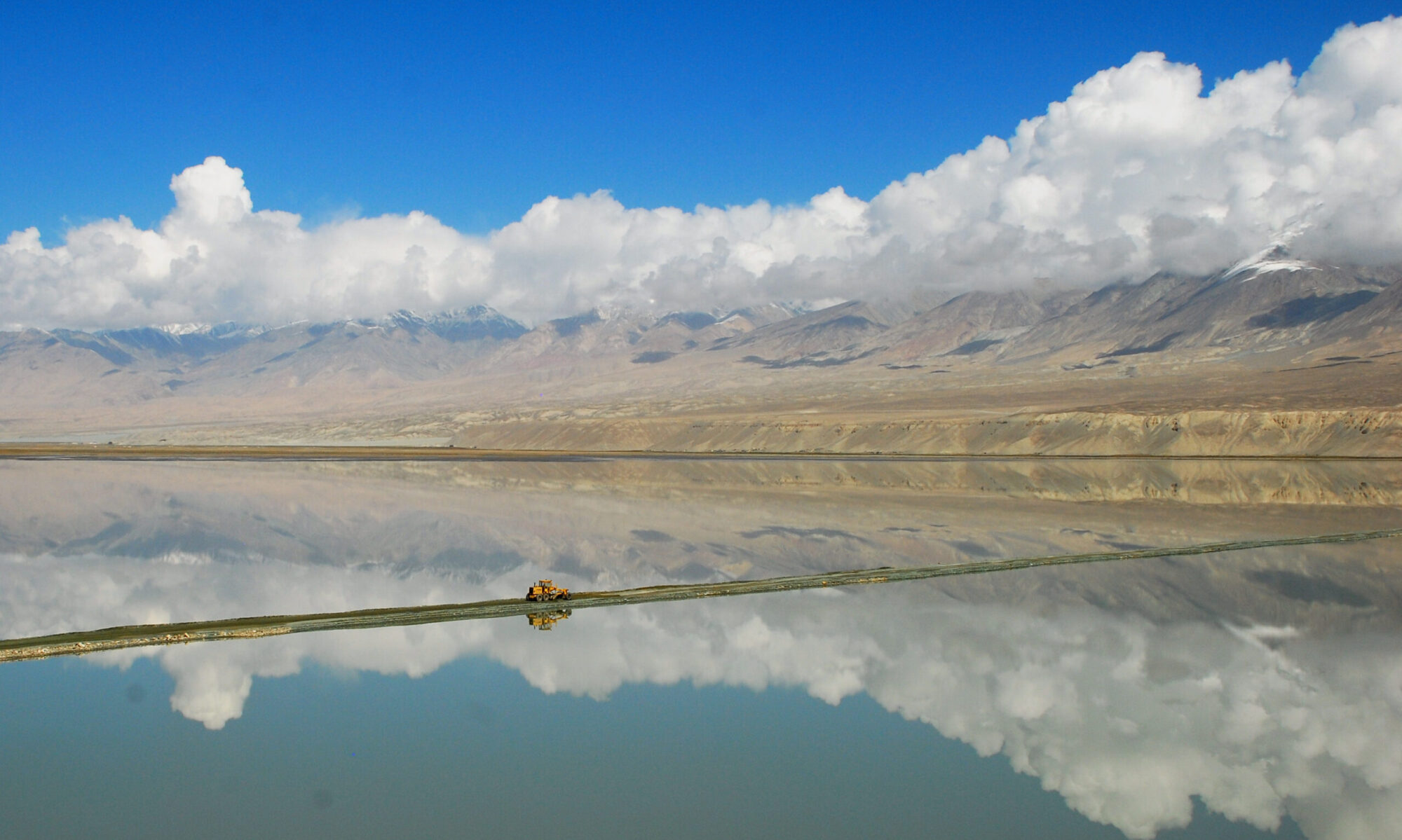
Collection no. 015: Cryosphere
Spring 2026
Editors: Sophie Elixhauser and Anna-Maria Walter
Snow and ice have long served as vital resources for human and non-human inhabitants of this planet. Today the world is experiencing immense changes to the cryosphere. Glaciers are melting, snowfall is increasingly variable, snowlines and precipitation patterns are shifting, permafrost is thawing, and the ground is becoming unstable. The security of water and food supplies is already severely compromised for many people around the globe, especially Indigenous and vulnerable communities, as is mobility on frozen matter.
In this issue, we argue for approaching the changing cryosphere as a form of infrastructure, as something that humans, other species and spiritual beings utilise and co-create. Instead of focusing on the built environment or the often-unpredictable effects of infrastructural projects, contributions will address the harnessing and co-production of cryospheric structures and processes by various actors. Our aim is to explore the diversity of experiences, memories and multi-sensory perceptions through which science, local populations and visitors have developed different practices and strategies for engaging with (or disengaging from) snow and ice. To grasp the intimate and processual character of such interactions, it is crucial to consider the materiality and the affective dimensions of water in its frozen state. The conception of ice as vital matter (Gagné and Drew 2024) captures its phenomenological dimensions and the ways in which the cryosphere, in its various states, engages the senses, emotions and imagination.
Reflecting global power asymmetries, climate change on a planetary scale produces manifold realities on the ground (e.g. Cruikshank 2005). Frozen topographies are often located away from the densely populated regions of the world, in high mountain ranges such as the Himalayas, the Andes and the Alps, or in the polar regions, but meltwater flows also connect them to populations living downstream or on the coast. We are therefore particularly interested in the intertwining of different geographies and scales, such as local phenomena and planetary issues, transnational scientific knowledge and localized or Indigenous ways of knowing. This ties in with questions of power and temporalities, as well as the socio-cultural value of and losses caused by frozen material. We further draw from the newly established interdisciplinary field of Ice Humanities, which conceptualizes ice as more-than-physics to highlight how “people and societies invent, create, and narrate ice (including snow) so that it becomes not only physical but embedded in our minds and identities” (Dodds and Sörlin 2022: 2). This issue seeks to bring together a variety of narrative and creative approaches to interactions with the thawing environment, with a vision to broaden our understanding of infrastructure as more-than-human and directly entangled with climatic changes.
To assemble past experiences and current mitigation and adaptation measures in light of the changing cryosphere, we invite contributions exploring – but not limited to – the following themes:
- Geopolitical interests in (disappearing) ice shields
- Indigenous perspectives on snow, ice and glaciers
- Socio-ecological effects of thawing permafrost
- Ice as transport infrastructure: ice roads, tracks and trails
- Agricultural practices dependent on seasonal meltwater or other professional engagements
- Leisure activities and tourism infrastructures in cold environments
- Cryospheric memories, oral histories and narratives
- Different forms of knowledge infrastructures, such as the history of academic research on ice and snow or scientific approaches to the cryosphere (e.g. remote sensing)
- The role of non-humans and (non-)animate matter in social and technological processes
- Alternative ways of engaging with ice and snow, through arts, sports, spirituality or storytelling
- Infrastructure and cryopolitics of artificial cooling (e.g. food, biomedicine, air conditioning).
Please send a title, abstract (max. 300 words) and a short biography (max. 100 words) by 29 September 2025 to Sophie Elixhauser (sophie.elixhauser@univie.ac.at) and Anna-Maria Walter (anna-maria.walter@lmu.de). We accept a wide range of formats, including but not limited to multimedia and photographic essays, short articles and interviews. Contributions are limited to 1,500 words. Please consult the Guide for Authors for detailed descriptions of the possible formats https://roadsides.net/guide-for-authors/ but feel free also to surprise us with a creative format of your own making.
Authors of conditionally accepted essays will be notified by 10 October 2025. Final drafts are due by 23 November 2025 and will subsequently undergo a “double-open” peer review. Publication of the collection is scheduled for April 2026.
References:
Cruikshank, Julie. 2005. Do Glaciers Listen? Local Knowledge, Colonial Encounters, and Social Imaginations. Vancouver: University of British Columbia Press.
Dodds, Klaus and Sverker Sörlin (eds). 2022. Ice Humanities: Living, Working, and Thinking in a Melting World. Manchester: Manchester University Press.
Gagné, Karine and Georgina Drew. 2024. “Vital Matter. Icy Liveliness in the Anthropocene.” Social Anthropology/Anthropologie Sociale 32: 1–12. https://doi.org/10.3167/saas.2024.320102
Subscribe to our publication alert and follow us on social media!

